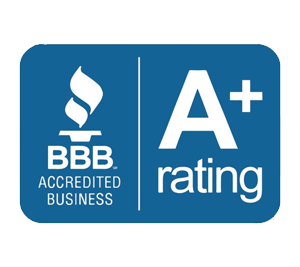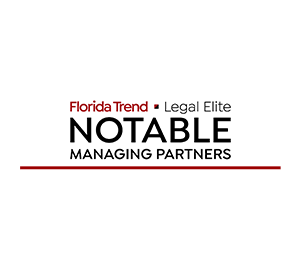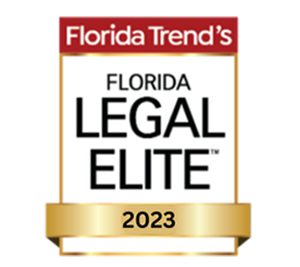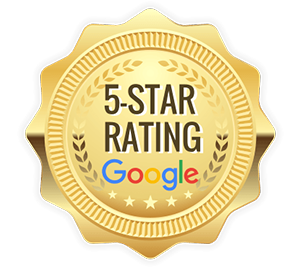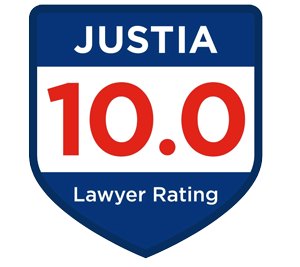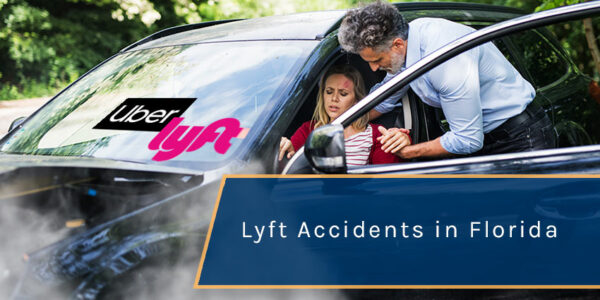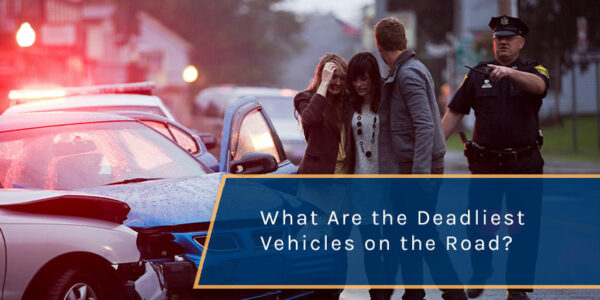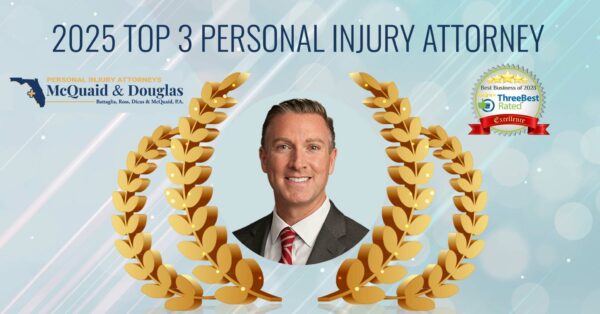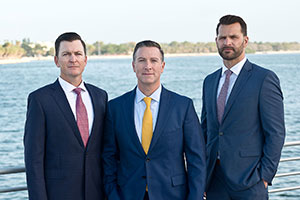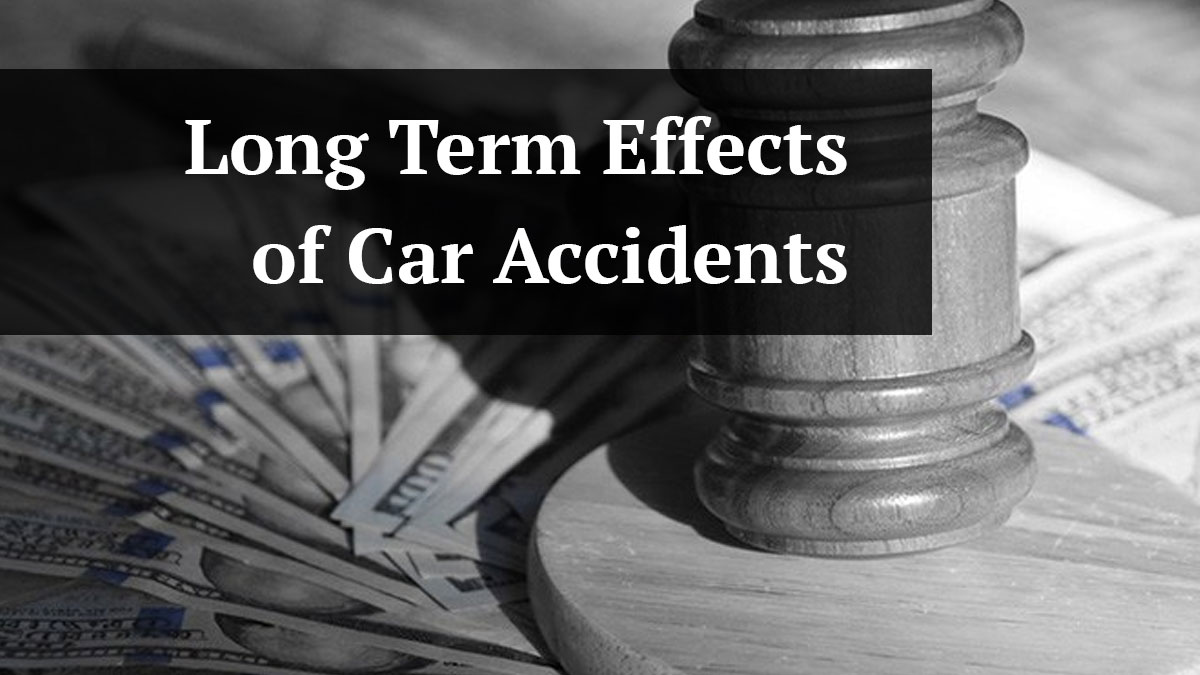
There are many types of personal injury claims in St. Petersburg. They range from car accidents to slip and falls to virtually any other situation where someone else’s negligence has caused an accident. How to recover compensation for those injuries depends on numerous factors. A St. Petersburg personal injury attorney will be able to advise you whether you have a viable claim, avoid pitfalls, and get you the medical treatment that you need.
If you haven’t figured it out from our name, at St. Petersburg Personal Injury Attorneys McQuaid & Douglas, we specialize in personal injury claims. We have an experienced team of lawyers and paralegals whose goal is to provide answers and get your life back on track. For over 60 years our Firm has provided help to residents of St. Petersburg. You can trust that we are always looking out for your best interest. This article is devoted to explaining what needs to be proven so that your injury claim can be successful.
What Are the Parts of a Personal Injury Claim?
All personal injury claims are based on some form of negligence. This basically means that someone was careless or even reckless. It does not mean intentional. While there are civil remedies for intentional acts (such as battery), insurance companies are not required to pay those types of claims. Therefore, personal injury attorneys will only take on cases based on negligence unless the person who committed the intentional act has the assets to pay the claim.
The following elements are required in every negligence claim:
Duty to Exercise Reasonable Care
This is the first prong that needs to be proven in every personal injury case. In order to hold someone liable for the accident, the person or company must have a duty to exercise care. There are many examples of how that duty is established. For example, a business or a property owner has a duty to exercise care to provide a safe environment. This duty extends to the people that they have invited onto the property either for social or business purposes. But, that duty does not extend to someone who has trespassed onto the property. Another example of a duty applies to cars. The driver of a car has a duty to exercise care and avoid an accident. The examples could go on and on, but the existence of a duty is the key to this prong.
Breach of that Duty to Exercise Reasonable Care
The second step to prove a claim is to show that there was some failure or breach of the duty to exercise reasonable care. What defines reasonable care depends on the facts of the situation. But, to use the above examples, when a business or property owner knew or should have known of the dangerous condition and did not warn you about it, that is a breach. The most common example for a business is having a liquid or slippery substance on the ground that a customer slipped and fell on. If there were no signs warning the customer, the business would have breached its duty to exercise reasonable care.
For the car accident example above, when a driver operates a vehicle carelessly and causes a rear-end car accident, that is a breach of the duty to exercise reasonable care.
An example of a situation where there is no duty is when a person simply falls at a business because he or she lost their balance or walked into something fixed. Many people get injured in these types of accidents, but just because someone falls, does not mean that the business is liable to pay for their damages. An injured person must always be able to show that something the business did or failed to do was the reason for their accident.
Causation
The third prong that must be proven in every personal injury case is that the breach of the duty caused your injuries. This is sometimes a prong that is challenged vigorously by insurance companies. Again using the above examples, if you were injured in a slip and fall or car accident and have back or neck injuries, you must be able to casually relate them to the accident. A favorite defense by the insurance companies is to argue that the injuries were already there or were caused by something else. Therefore, you and your doctors must be able to prove the cause of the injury to meet this prong.
Florida is also a comparative negligence state. That means that a claimant’s own fault gets factored in to the overall liability. Using the slip and fall example, the business may argue that you were partially at fault for the accident because you weren’t paying good enough attention to where you stepped. Whatever the percentage of fault that you may have then gets deducted from the overall damages calculation.
Damages
The final prong of every personal injury claim is to actually have damages. This means that you must actually have been injured. Some examples of damages include medical bills, lost wages, pain and suffering, etc. In Florida, you must be able to show that you have a permanent injury before you can recover pain and suffering. Fortunately, disc injuries such as bulging discs or herniated discs that are discovered through an MRI are considered to be permanent.
How Does a Personal Injury Lawyer Charge?
Unlike other types of legal cases, claims for damages based on bodily injury are on a contingency basis. This means that the attorney is paid a percentage out of the money recovered in the claim. The percentages are set forth according to The Rules Regulating the Florida Bar 4-1.5. However, the standard for most claims that are settled without a lawsuit is 33.3% and for a claim against a state or government agency, 25%. The most attractive part of this arrangement for personal injury clients is that if no recovery is made, no money is owed to the lawyer. The contingency fee arrangement makes it very low risk to hire a lawyer and pursue a claim for compensation.
Contact a St. Petersburg Personal Injury Attorney
At St. Petersburg Personal Injury Attorneys McQuaid & Douglas, we recommend that you contact a local attorney to handle your claim as soon as possible after the accident. A lawyer will be able to analyze your case quickly to determine whether the four prongs that constitute a negligence claim exist. If you have any questions regarding a personal injury claim in St. Petersburg, then please contact us for a free consultation.




